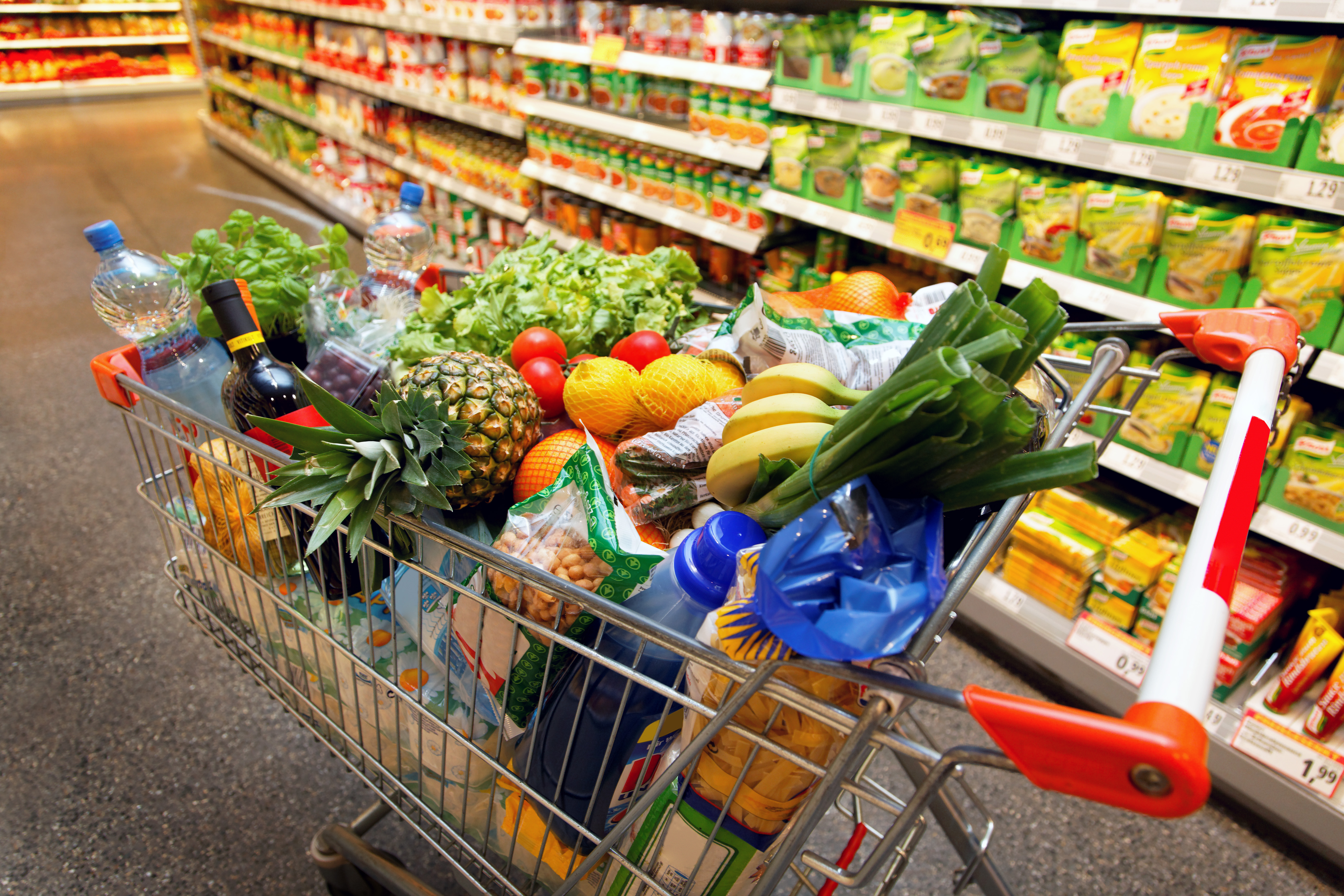Small Country, Big Success Story: Retailers Combating Food Waste in Denmark
It’s a big success in a small country: Danish retailers have become major players in endeavors to curb food waste, providing an example of how sustainability can be achieved with relatively modest means, research from Aarhus BSS at Aarhus University shows.

The issue is of much greater importance than many probably realize, as up to 40 percent of food is wasted in developed countries, with households as the major culprit.
The research, carried out by Associate Professor Jessica Aschemann-Witzel and Scientific Assistant Viktorija Kulikovskaja, both of the Department of Management, is based on an analysis of the retail chains communication online and of their practices observed at 18 stores in the cities of Copenhagen and Aarhus in the period from April to June 2016.
“On the website and in reports, retailers commonly describe their price actions, communicate and inform about the food waste issue and suggested actions against it, and describe their collaboration action and donations,” the two researchers write in their report, titled “Food Waste Avoidance Initiatives in Danish Food Retail.”
The actions taken by the stores come in different forms. All of them offer discounts on food that is either close to the expiration date or looks or feels less than optimal. Often they are placed side by side with normal-priced items, allowing consumers to see the difference both in terms of quality and price. In addition, designated areas can be found in some stores supplementing the side by side placement of suboptimal items.
Many of the stores also seek to engage their customers in the efforts to reduce food waste, for example by making scales available so they themselves can buy the exact amount necessary to satisfy their demands, by developing apps for planning purchases, and by communicating the issue of food waste in order to improve consumer awareness and knowledge.
While there are many similarities in approach, Danish supermarket chains also differ in some significant ways. An example is the controversial practice of multi-item offers of the kind “buy two, get one for free”, which some observers argue give consumers an incentive to buy products they do not really need.
For example, Rema1000 stands out as having abolished multi-item offers altogether, while also offering smaller packaging units. Føtex on the other hand is the supermarket most clearly communicating original and current price, thus providing a great level of transparency when it comes to discounts. Overall, Denmark’s largest retail chains, Coop and Dansk Supermarked, show an especially diverse range of initiatives.
“Danish food retail indeed has broadly adopted food waste avoidance actions, and engaging in some form has become a kind of ‘industry-standard’,” Aschemann-Witzel and Kulikovskaja write in their report.
Still, more research is needed, for example to identify the most efficient methods of communication with consumers, the best in-store handling and presentation of discounted items, and developing new product innovations.
